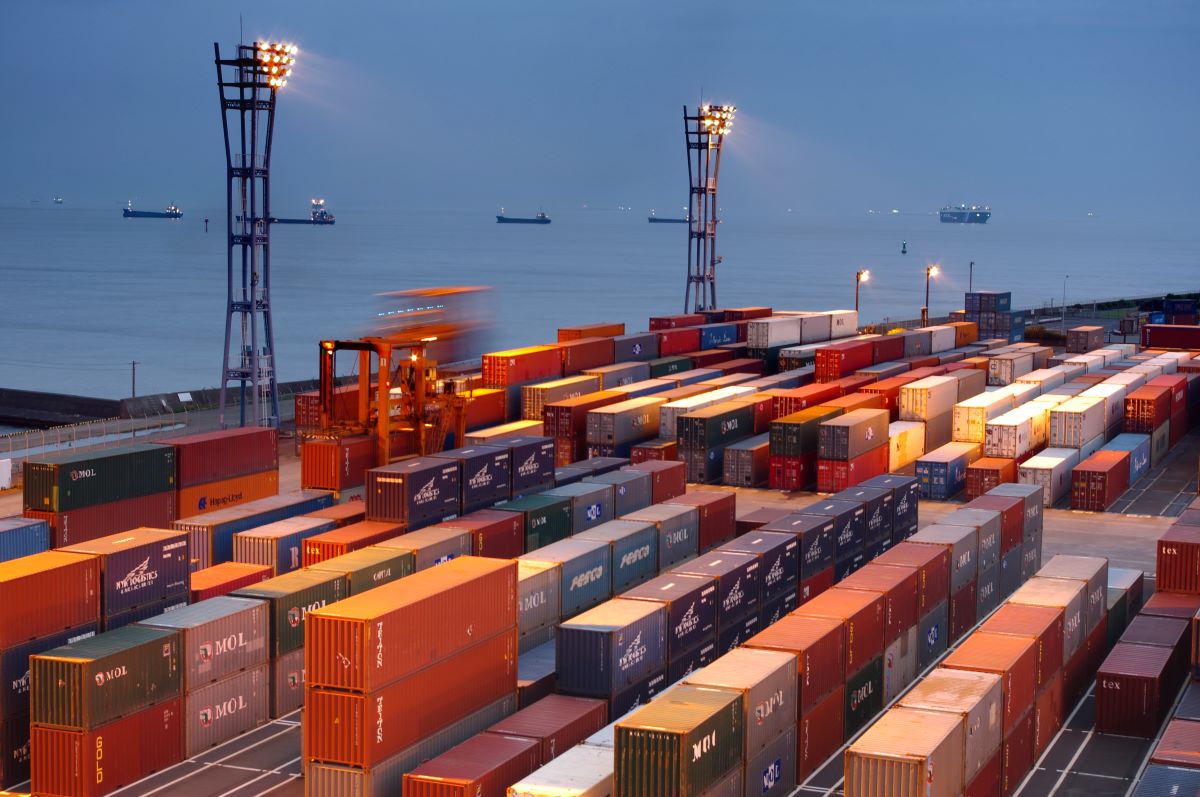Japanese exports to China extended their ongoing slump for the ninth consecutive month in August 2023 after official data revealed an 11% year-on-year decrease last month. This signals a notable reduction in demand from Japan’s largest export partner.
Japan’s exports to China usually make up for around one-fifth of the country’s total shipments. However, the past month has been particularly challenging for specific sectors. Japanese mineral fuel exports to China witnessed a staggering contraction of 64%, and steel exports suffered a decline of 27.8% over a year.
In contrast, there was a remarkable surge of 25.5% in the exports of semiconductors and a 39.4% increase in integrated circuits. Besides, there was continued growth in exports to the United States and the European Union, with increases of 5.1% and 12.7%, respectively. This uptick was driven by higher shipments of goods such as automobiles.
At the same time, imports plunged 17.8% to 8.92 tn yen ($60.32 bn) in August. Consequently, this resulted in a monthly trade deficit of 930 bn yen ($6.28 bn), marking the second consecutive month of falling exports and the fifth straight month of declining imports.
“We think the weak recovery in China will continue to have a negative impact on exports for a while…Strong net export contributions drove the previous quarter’s strong GDP growth (in Japan), but we expect this to weaken in the current quarter, and 3Q23 GDP is likely to decelerate quite sharply,” said ING Investment Management.
The largest drop in Japanese food exports to China in 12 years
Japanese food exports to China also encountered a notable setback last month, with the former experiencing the most substantial decline in food exports to its Asian neighbour in approximately 12 years.
In August 2023, total food exports from China to Japan experienced a decline of 41.2%, marking the sharpest drop since October 2011, after the Fukushima Daiichi nuclear plant accident.
This year, the decline in food exports has been exacerbated by China’s decision in August to impose a ban on seafood imports from Japan for an unspecified duration. This move came in response to concerns related to the release of radioactive water into the Pacific Ocean from the Fukushima Daiichi nuclear plant.
The ramifications of this ban have been substantial for Japan, which had emerged as the largest exporter of seafood to China in 2022. Consequently, China’s seafood imports from Japan plummeted by 67.6% year-on-year in August, following a 28.5% decline in July, as per Chinese customs data.
Faced with this situation, Japan’s new Agriculture Minister, Ichiro Miyashita, has expressed to local media outlets that the government wants to diversify its export destinations. In addition, he emphasised that exporting scallops in large volumes to China carries significant risks, prompting the Japanese government to explore alternative export markets.
Miyashita also elaborated on the government’s objectives to raise the nation’s exports of agriculture, forestry, fishery products, and food to 2 tn yen ($13.5 bn) by 2025 and 5 tn yen ($33.7 bn) by 2030, a significant increase from the 1.4 tn yen recorded in 2022.
“It is important to reduce risks from the standpoint of economic security. We will redouble efforts to make sure that Japan can import food and production materials stably,” he added.


 Australia
Australia China
China India
India Indonesia
Indonesia Japan
Japan Malaysia
Malaysia Philippines
Philippines Singapore
Singapore South Korea
South Korea Taiwan
Taiwan Thailand
Thailand Vietnam
Vietnam







